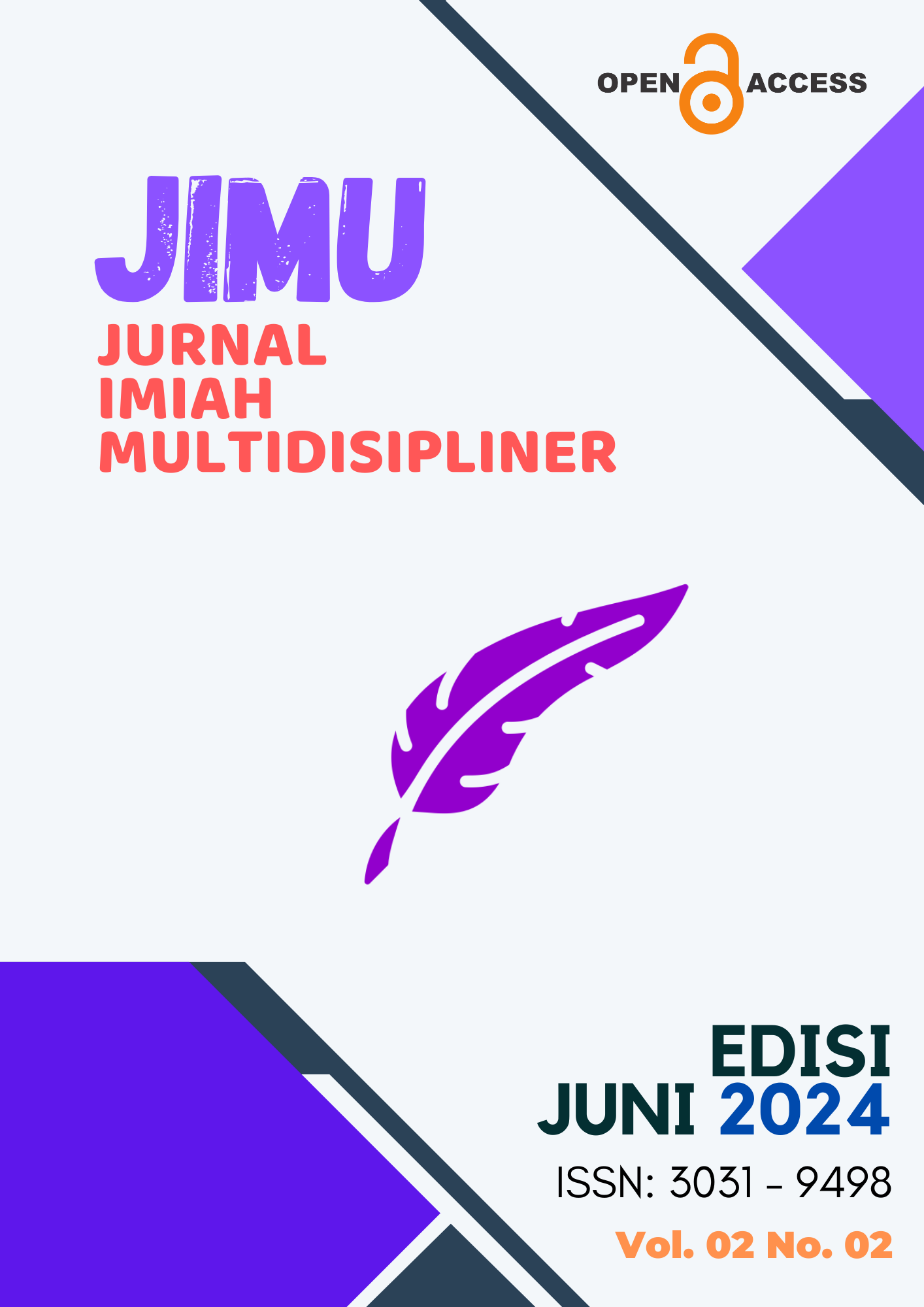Identifikasi Teori The New World Order Brasil
Kata Kunci:
Brazil, The New World Order, Sustainable Development Theory (SDGs)Abstrak
The purpose of this paper is to identify The New World Order and its relationship with Brazil's Sustainable Development theory about the possibility of the country achieving the SDGs by 2030. Brazil has a mature economy and the country has completed most of its modernization process and changed from an agriculture-based country to a modern one. This research uses a qualitative method. The data analysis method used in this study is by using descriptive analysis technology, which is the most basic and absolute technology. Researchers also use data collection techniques through literature (library research), which is an activity that uses library data collection methods. The emergence of a new world order was the collapse of the Soviet Union nearly a quarter of a century ago, forcing geographers and policymakers to tear up their maps. No longer divided into "west" and "east", the world order has lost many of its long-standing certainties. The global expansion of Brazilian companies is happening at an accelerated pace in the 21st century and setting a level of interdependence. Brazil has shown consistent growth and if it continues, the country will eventually join the world's leading economies. Resources such as energy, food, and raw materials are also abundant and are factors supporting sustainable national growth. The various targets contained in the newly developed Sustainable Development Goals (SDGs) often intersect and refer to more than one sustainable goal, indicating the need to consider potential synergies and analyze the nature and level of exchange. The SDGs make Brazil follow new action targets that explicitly intersect and refer to different goals and resources (e.g., water, energy).
Unduhan
Referensi
Alessandra Nilo, e. a. (2020). 2030 Agenda For Sustainable Development Spotlight Report Stynthesis IV Brazil. Brazil: Civil Society Working Group for the 2030 Agenda (GTSC).
Almeida, A. C. (2018). Partnerships for SDG 11 Implementation in Brazil: Understanding the Vulnerabilities and Common Interests from a Multi-Stakeholder Perspective. The International Journal of Environmental Sustainability.
A. P. et al (2018). Roads & SDGs, tradeoffs and synergies: learning from Brazil’s Amazon in distinguishing frontiers. Economics: The Open-Access, Open-Assessment E-Journal, 12, 19.
Barbalho, H. Z. (2020). Voluntary Local Review on the Sustainable Development Goals in the State of Pará – Brazil. Para: Produced in Brazil – Para.
Bertonha, J. F. (2010). Brazil: an emerging military power? The problem of the use of force in Brazilian international relations in the 21st century. Rev. Bras. Polít.
Burges, S. (2012). Mistaking Brazil for a Middle Power. The Australian National University, Journal of Iberian and Latin American Research,.
Cardoso, D. (2012). China-Brazil: A Strategic Partnership in an Evolving World Order. Berlin, Germany: Freie Universität Berlin, Berlin, Germany.
Cervo, A. L. (2012). Brazil In The Current World Order. Austral: Brazilian Journal of Strategy & International Relations, 1.
Chatin, M. (2016). Brazil: analysis of a rising soft power. Journal of Political Power.
C. M. et al (2018). Achieving the Sustainable Development Goal 06 in Brazil: the universal access to sanitation as a possible mission. Anais da Academia Brasileira de .
Escher, F. (2017). Sergio Schneider & Jingzhong Ye, The agrifood question and rural development dynamics in Brazil and China: towards a protective ‘countermovement’. Globalizations.
Ferne, G. (n.d.). Science And Technology In The New World Order. Organization for Economic Cooperation and Development (OECD), Paris, 7.
Flemes, D. (2009). India-Brazil-South Africa (IBSA) in the new global order: interests strategies and values of the emerging coalition. International Studies.
Friman, M. (2006). Thesis, Historical Responsibility, The Concept History in Climate Chane Negotiations and its Problem-SolvingPotential. Linkoping University.
Fu, H.-T. P.-C. (2013). Renewable energy, non-renewable energy and economic growth in Brazil. Renewable and Sustainable Energy Reviews 25.
Harahap, N. (2014). Penelitian Kepustakaan. Jurnal Iqra’.
Ika Devi Hardianti. (2016). Upaya Brazil untuk Mempertahankan Posisi Produsen Terbesar dalam Pasar Kopi Global. Jurnal Analisis Hubungan Internasional.
Kasongo, T. L. (2015). Brazil, Russia, India, China, and South Africa (BRICS) and Africa: New Projected Developmental Paradigms1. Africa Development.
Kenke, K. M. (2012). Brazil and R2P: Does Taking Responsibility Mean Using Force? Global Responsibility to Protect.
Koberle, A. C. (2020). Brazil’s emission trajectories in a well-below 2 °C world: the role of disruptive technologies versus land-based mitigation in an already low-emission . Climatic Change.
Kotkin, J. (2011). The New World Order. Newsweek International, Forbes Asia.
L. E. et al (2019). The pontetial impact of austerity on attainment of the Sustainable Development Goals in Brazil. BMJ Global Health.
M. R. et al (2019). Brazil in 2030? Brazilian health specialists’ perceptions of the country’s potential to comply with the Brazil heading to 2030 SDGs. Saude Debate Rio De Janeiro.
Nilo, A. (2019). Spotlight Report On The 2030 Sustainable Development Agen Synthesis III Brazil. Brazil: responsibility of GTSC A2030.
Prakoso, L. (2014). Green Constution Indonesia Diskursus Paradigmatik Pembangunan Berkelanjutan). Jurnal Hukum dan Peradilan.
Reicher, E. (2010). Kyoto Protocol and Brazil: Effectiveness of Clean Developement Mechanism (CDM) Projects. Philosophy, Politics, & Economics Undergraduate Journal.
Sari, A. P. (2018). Potensi Geoekonomi Brazil Dalam Mendukung Perekonomian Kawasan Amerika Latin. Journal Ilmu Hubungan Internasional.
Scoones, I. (2013). Lídia Cabral and Henry Tugendhat, New Development Encounters: China and Brazil in African Agriculture,. IDS Bulletin.
Spataru, P. C. (2018). Advancing the Implementation of SDGs in Brazil by Integrating Water-Energy Nexus and Legal Principles for Better. Sustainability in Environment.
Sutopo, H. (2006). Metode Penelitian Kualitatif,. Surakarta: UNS Press.









